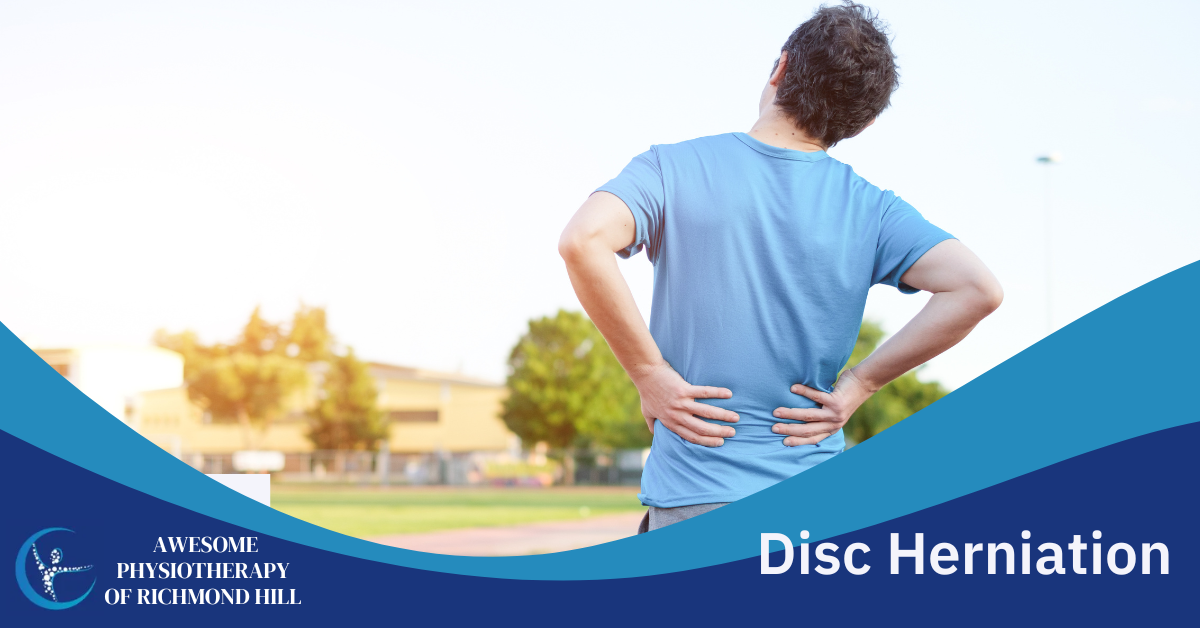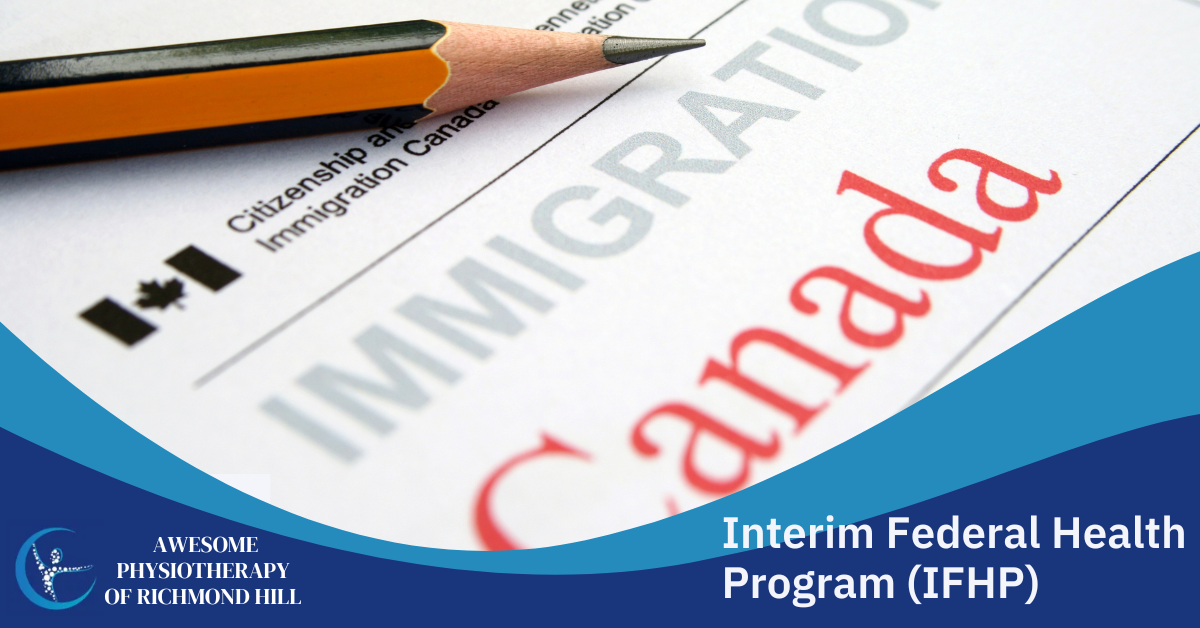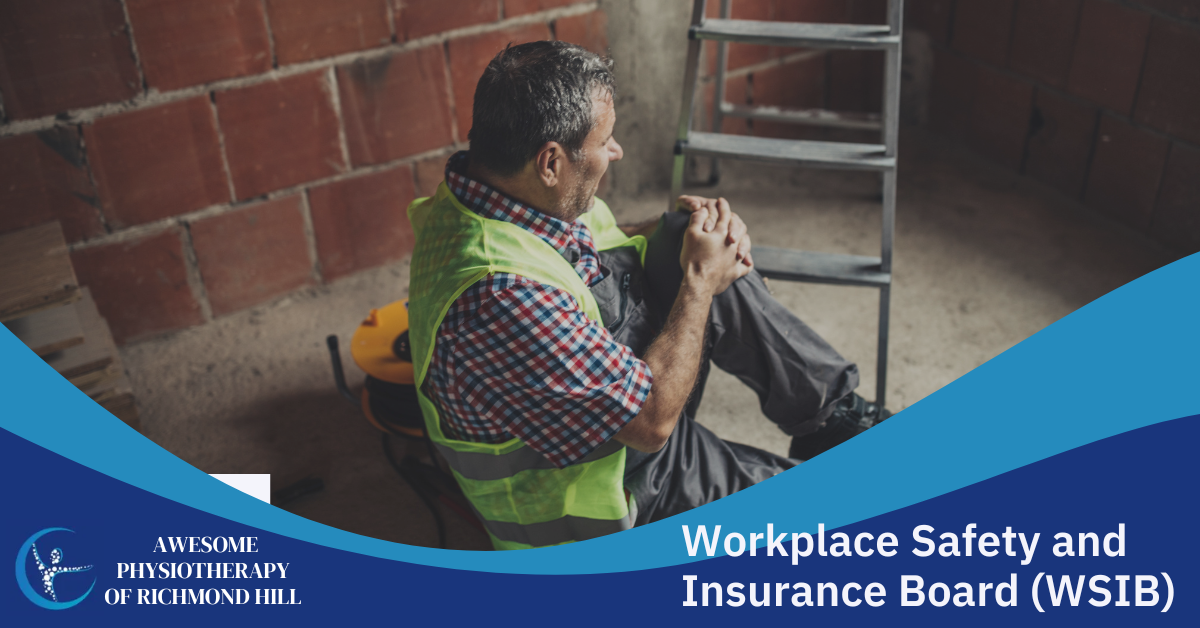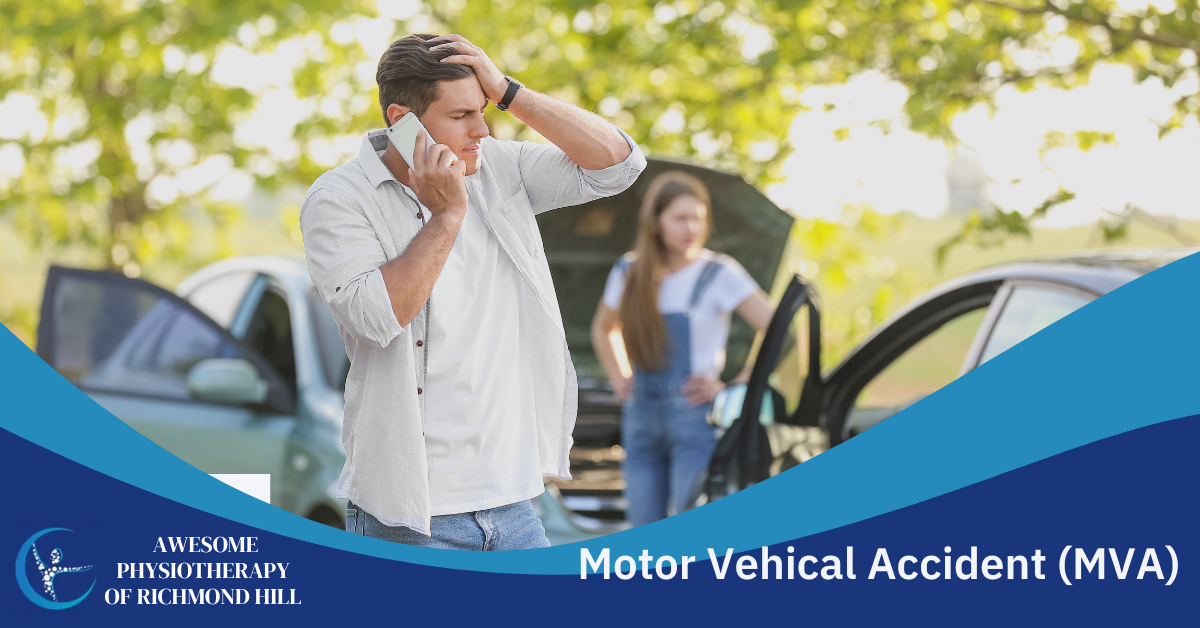What Is Concussion Therapy? A Quick Guide
There are about 200,000 concussions per year in Canada. Though, these numbers may be low because of underreporting. A concussion is a mild traumatic brain injury caused by a jolt or blow to the head.
Seeking treatment for a concussion is imperative. If concussion symptoms last longer than 2-3 weeks, concussion therapy may be beneficial. Read on to find out what concussion therapy is and how it can help your concussion recovery!
This is your complete guide to understanding concussion therapy. We will discuss if it is right for you and your injury. We will also review possible treatments a physiotherapist will provide.
What is a Concussion?
A concussion is a mild form of traumatic brain injury caused by a sudden jolt of the head and neck. It can also be the result of a blow to the head.
Concussions can lead to brain swelling, nerve injury, and tearing of the blood vessels. They may cause short or long-term physical, language, or behavioral issues. A concussion is considered a serious injury, and medical help is necessary.
What is Concussion Therapy?
Studies show the importance of seeking physiotherapy within the first week of concussion. Physiotherapists can provide treatment on many levels after a concussion. They can test and treat your unique concussion.
Seeking care for your concussion can make a big difference in how you recover from this injury. Concussions often come with short-term and long-term effects. With the help of a therapist, you can avoid some of these.
Concussion Assessment
Once you have a concussion diagnosis, the therapy assessment consists of a few steps. Taking these extra steps will make it so that you receive the best care for your injury. It ensures your recovery is quick and safe.
Medial History
The therapist will ask if you have had any prior concussions. You will also be stating any of the side effects present with this concussion. Other questions include age, sleep disorder history, and mental health history.
Deciding if Physiotherapy Is the Next Step
If you are experiencing concussion symptoms, physiotherapy can be the right next step. A team of therapists will decide the correct form of treatment for you and your injury.
Personalized Treatment Plan
Once you complete all assessment steps, you will receive a personalized treatment plan. Every concussion is different. This assessment ensures you get the correct treatment for your injury.
Concussion Therapy Treatments
There are many helpful treatments in concussion therapy. Your concussion assessment will decide which treatments are best for you.
Neck Pain and Headaches
Often, to protect the head, the neck will tense during the impact that caused the concussion. This can lead to chronic neck and shoulder pain. Chronic tension and pain lead to headaches.
Physiotherapists can use manual therapy to ease this neck and shoulder tension. Manual therapy involves massages and stretching. This improves the movement of the neck and shoulders.
Relaxed muscles relieve pressure on nerves causing headaches. Blood flow will increase, leading to improved healing and reduced swelling. All this combined will provide neck pain and headache relief.
Balance and Dizziness
If, after your concussion, you continue to feel dizzy and off-balance, a therapist can help. After testing your symptoms, a therapist can give you exercises to help you get back to normal. Balance exercises will test the symptoms and engage the brain.
An example of a balance exercise is standing on a Bosu ball while throwing and catching another ball. This makes the working areas of the brain stop working overtime for the injured areas.
Once the brain realizes it has been overworking, healing begins. The brain will revert to normal. This will help solve the problems of balance and dizziness.
Eye-Tracking and Vision
People with concussions report having trouble with vision and tracking objects. A physiotherapist can provide exercises for the eyes. This will help retrain the eyes to tolerate complex visual environments.
Tracking objects improve your eyes' ability to maintain attention without moving your head. Pencil pushups are an example of this. This is when a pencil moves closer and farther from you while you try to keep it in focus.
Exercise
Experts used to think that rest in a dark, quiet room was the best form of recovery from a concussion. We now know that, after a few days' rest, adding in gentle movement can speed recovery. Small amounts of aerobic exercise have shown shortened recovery times.
Mild aerobic exercise increases blood flow to the brain. This allows the brain to heal itself faster.
More Concussion Therapy Tips
There are some things that anyone suffering from a concussion can do. Physiotherapists recommend those with a concussion do these things before therapy sessions, also. These tips will maximize recovery from your injury.
Be Active
As mentioned above, increasing activity can help heal your concussion faster. Take it slow and understand the symptoms of overdoing it. Exercise is an important factor in concussion recovery.
Breathing Exercises
Focusing on your breath can be an effective addition to concussion treatment. Breathing exercises can help to reduce pain and muscle tension. It can also improve vision and balance symptoms.
Rest
Relaxation is key to concussion recovery. Try to take 15 minutes each day to relax. Listen to soft music and put away your devices.
This is a great time to practice your breathing exercises! You can also choose to sit outside and enjoy the fresh air and nature.
Eat Healthily
Small changes to your normal diet can have a big effect on healing. Focus on water intake and eating whole, nutritious foods while recovering. This will give your brain the best chance at recovery!
Concussion Therapy Explained
Concussion therapy can be a helpful addition to your concussion recovery. If you are looking for a physiotherapist in Richmond Hill, Ontario, we are happy to help. Contact us today to learn more about our concussion therapy program.
Our physiotherapy clinic will get you on the road to concussion recovery. We will help to improve your strength and endurance. We will also provide treatment for dizziness, headaches, and pain from the injury.
Awesome Physiotherapy of Richmond Hill has the best physiotherapists to treat your concussion!

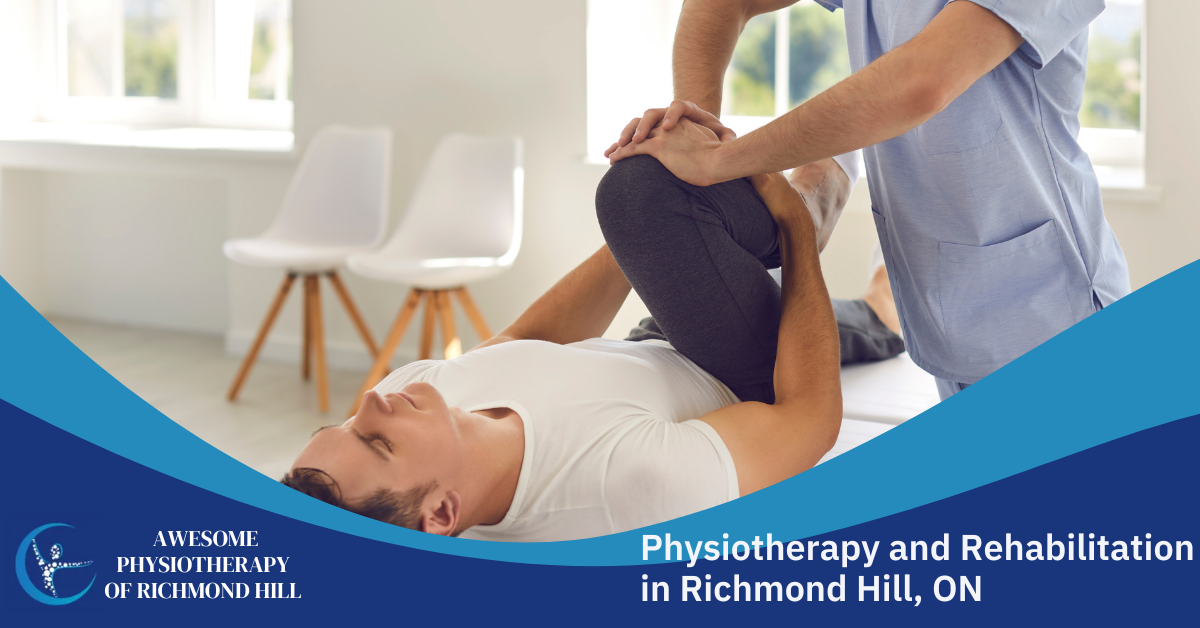

How Physiotherapy Can Help You Recover Faster: A Guide to Physiotherapy Centers In Richmond Hill, ON

